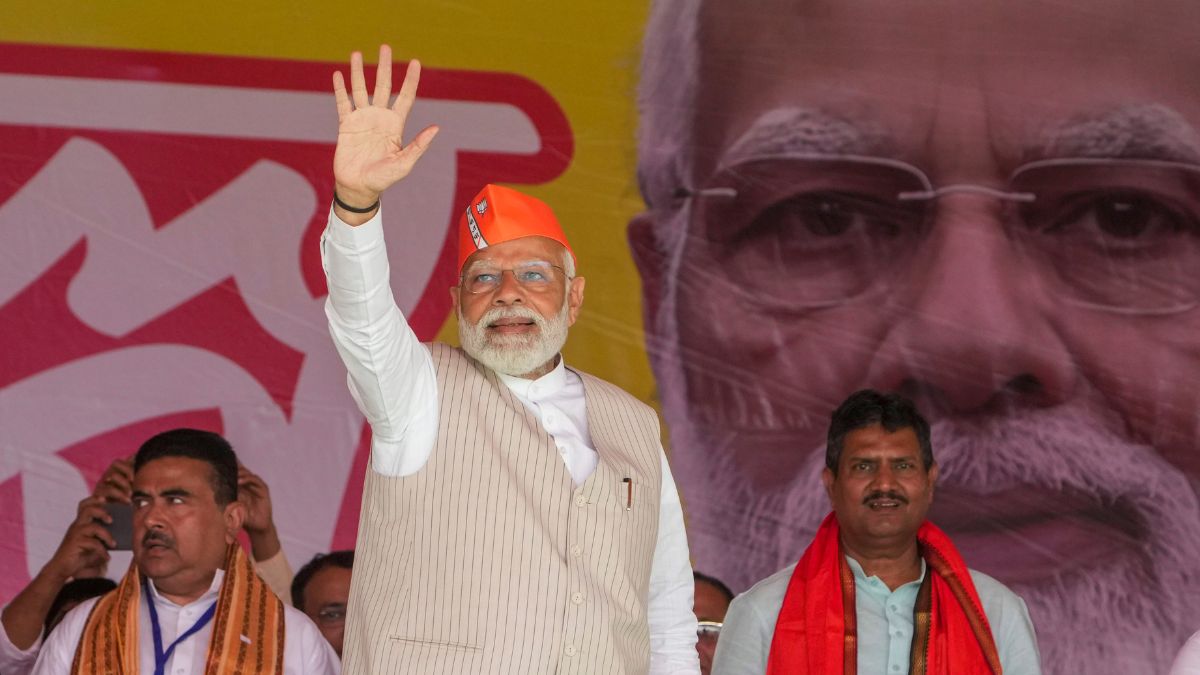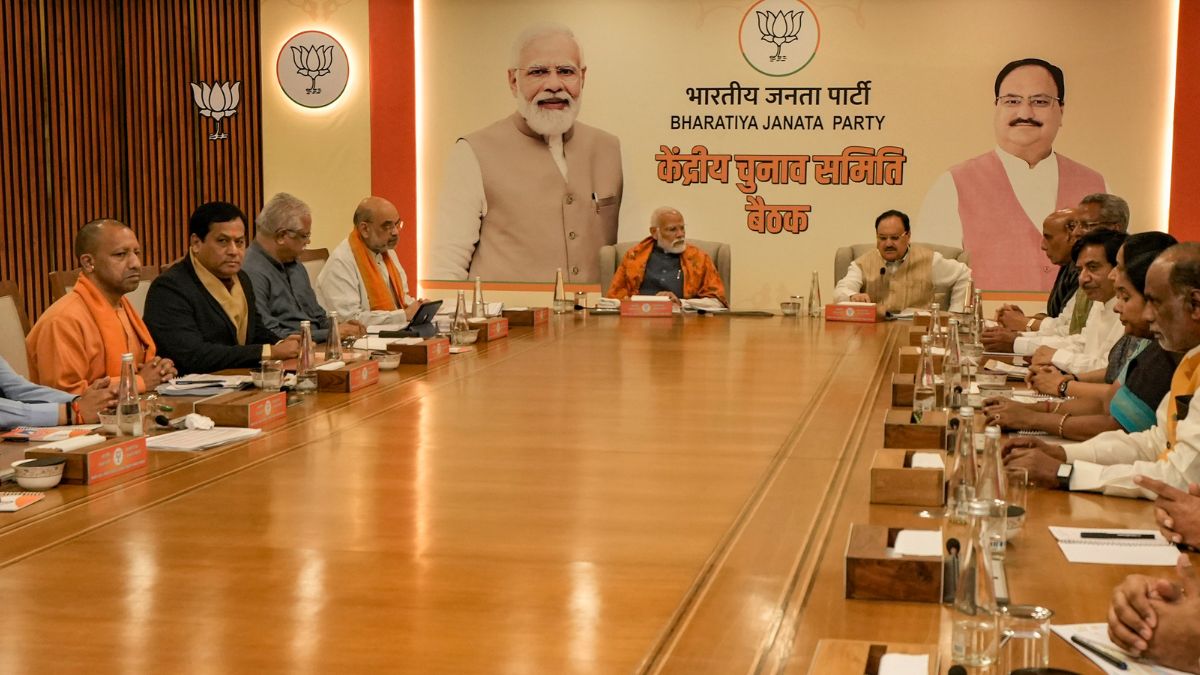Prime minister Narendra Modi’s directive to his office to give priority for the issues of the states is a progressive step that is consistent with the country’s principle of federalism and devolution of powers.
A Times of India report on Thursday quoted a statement from the PMO, which reportedly said that the Prime Minster has indicated that “he would like his office to consider issues, especially those raised by states on priority and with sensitivity.”
“…This is important because India’s progress lies in the progress of states and this would strengthen our federal structure,” the report further said. “He has emphasised to leverage modern technology and develop systems and processes for effective monitoring and resolution of issues which are particularly brought to his office.”
Chief ministers of the states, especially those not ruled by the BJP, such as Jayalalithaa, who have time and again raised the centrality of states, the overstepping of the their rights as well as the neglect of their genuine needs by the Centre might be happy with the PMO’s statement. That the Prime Minister has stressed the importance of the states as one of his first priorities is certainly an indication of better Centre-state relations on offer.
The PMO’s statement is also consistent with the sixth report of the second administrative commission, which noted that “The empowerment of States has not weakened the Union; in fact the Union’s role is better defined and more respected in recent decades as authority is tempered by leadership, cooperation and coordination. This rediscovery of the legitimate and effective role of the Union even as more powers are devolved on States is one of the happy features of our Constitutional evolution.”
Although Indian states have become more demanding and more independent, India’s federalism historically has tended to favour more powers being vested with the Central government, which often legislates on issues which are the prerogative of the states and seeks to design and implement one-sized vertical programmes that don’t acknowledge their developmental diversity.
For instance, it runs national programmes on health and has in the past attempted to create a national police infrastructure, both subjects under the state list. It also oversteps the rights of the state on issues such as education which falls in the concurrent list. Incidentally, the Central list has more items than the state list while it also retains the residual powers.
In a federally administered country, what’s obviously more important are the state government and local administration, where services to its citizens such as power, health, water, sanitation and education are delivered. This demands increasing decentralisation of power all the way up to the local administration. The Indian Constitution lays down a clear mandate for democratic decentralisation both through the directive principles and through the 73rd and 74th amendments. However, the devolution of powers to the local bodies has been slow and uneven.
The Centre’s role should be more of policy advise, capacity building and sharing of resources. Bulk of India’s administration that affects its citizens directly doesn’t happen at the Centre, but in the states. By swearing in a lean cabinet Narendra Modi seems to have demonstrated his state-centric approach. And now he has very clearly outlined what he has in his mind vis-a-vis Centre-state relations. His experience as a chief minister of two terms in Gujarat is likely to be a big bonus for the states. It’s up to them to be more rights-conscious than ever before.
The devolution of powers do not end with the states. They have to work extra hard to strengthen and empower the local bodies so that governance happens at people’s door steps.


)




)
)
)
)
)
)
)
)